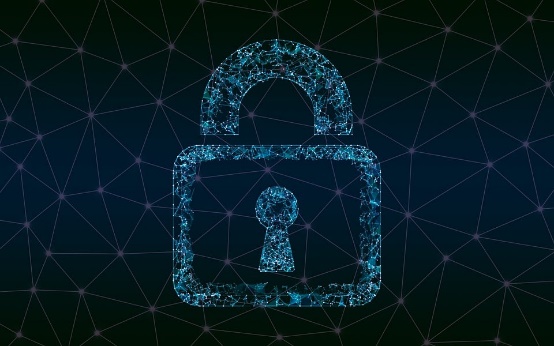For now, war-related digital attacks in Ukraine have not caused major disruptions in the Netherlands. Attacks that have been carried out have had a temporary and localized effect. This is according to the analysis of the National Cyber Security Center (NCSC). Together with national and international partners, the NCSC detects and analyzes 24/7 cyber threats that may be related to the war in Ukraine. Based on these insights, the NCSC, together with cybersecurity partners from the Dutch government - including the Digital Trust Center - is drawing four key cybersecurity lessons for companies and organizations in the Netherlands.

Friday, Feb. 24, marks exactly one year since Russia, invaded Ukraine. The battle is not only taking place on the ground; it is also being fought online. From the beginning of the war, the NCSC has been monitoring the digital attacks being carried out in the context of the war, and analyzing the possible consequences of these digital attacks for the Netherlands.
"We can and should learn from what happened last year. The war is not over. We will continue to face increased digital threats stemming from the heightened tensions in Europe. Digital attacks are not limited to borders and that also means we still need to be alert and vigilant." - Bart van den Berg, threat analyst at the NCSC.
The four key lessons are:
Revival of hacktivism: Hacktivists are emphatic in the context of Russia's invasion of Ukraine, carrying out disruptive digital attacks.
Role of private organizations: Private organizations play an important role in the digital war to increase the digital resilience of (Ukrainian) organizations and keep vital services accessible.
Getting the basics right: The rapid escalation of war shows the importance of being prepared for a future and rapidly escalating cyber crisis.
Chain effects: Cyber attacks are not limited to national borders and can have international effects.
Although disruptions have not occurred in our country, there have been many digital attacks traceable to the war in Ukraine. Many of these attacks have targeted Dutch allies. Often these digital attacks are carried out by non-state actors such as hacktivists.
A common attack technique among hacktivists is to carry out DDoS attacks(1). A DDoS attack can have a disruptive effect on organizations' business operations if adequate cybersecurity measures are not in place. It is important for organizations to include a DDoS scenario in their threat and risk analysis.
The past period has also shown that (international) cooperation between public and private parties is essential to obtain a complete picture of digital threats. By learning from this, organizations can further get their cybersecurity in order and increase resilience.
Both the NCSC and the DTC urge organizations to read and use these lessons to ensure that the Netherlands remains digitally secure in the period ahead. The war in Ukraine and increased tensions in Europe will also increase digital threats in the coming period.
https://www.digitaltrustcenter.nl/nieuws/4-belangrijke-cybersecuritylessen-na-1-jaar-oorlog-in-oekraine

